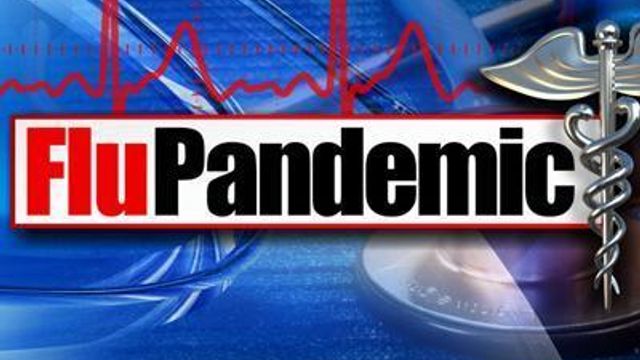Wake health officials stress prevention in fighting flu
Wash your hands often, and stay at home if you're not feeling well.
Public health officials in Wake County stressed prevention at a news conference Tuesday, saying these simple acts, as well as getting vaccinated, are the best ways to avoid getting the seasonal or H1N1 flu.
Although they didn't provide specific numbers, officials said there has been an upward trend in the number of confirmed cases of H1N1 over the past six weeks. Local hospitals are seeing a daily average of 65 children and 33 adults with flu-like symptoms. About three to five people are admitted each day.
The seasonal flu shot is widely available, and the H1N1 vaccine is available in limited quantities to people who fall in a high-risk group, as classified by the U.S. Centers for Disease Control and Prevention.
It could be the end of November before the vaccine is open to anyone.
In the meantime, health officials recommend the following tips:
- Wash your hands often in warm water for 20 seconds. If you can't wash them, use an alcohol-based hand sanitizer. Turn off the faucet with a towel.
- Cover your coughs and sneezes in a tissue or with your arm to keep germs from spreading through the air or landing on surfaces.
- Avoid touching your eyes, nose and mouth. These are easy points of entry into the body for germs.
- If sick, stay at home. It helps speed recovery and keeps germs from spreading further.
On Monday, the county exhausted its latest supply of H1N1 vaccine in a matter of hours as thousands of people turned out for shots. Many were turned away and told to return when a new stock arrives.
Since the vaccine has been released, Wake County has received about 6,500 doses in both nasal and injectable forms.
The CDC says those at highest risk of contracting H1N1 flu are pregnant women, individuals ages 6 months to 24 years, people 25 to 64 with underlying health issues, health care and emergency workers and anyone caring for children younger than 6 months old.











